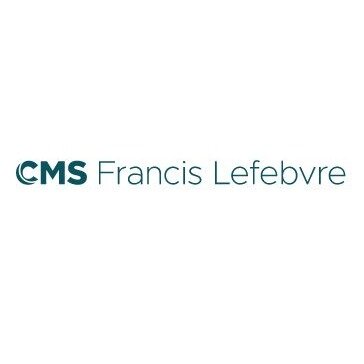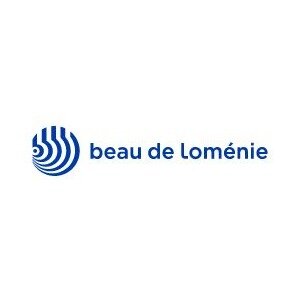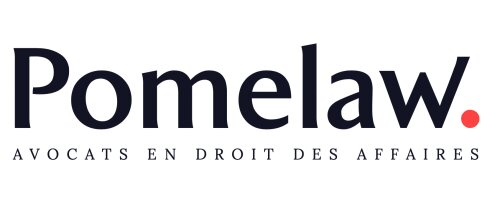Best Patent Lawyers in Lyon
Share your needs with us, get contacted by law firms.
Free. Takes 2 min.
List of the best lawyers in Lyon, France
About Patent Law in Lyon, France:
Patent law in Lyon, France, as in the rest of the country, is governed by the French Intellectual Property Code. This law provides inventors with exclusive rights to their inventions for a period of 20 years. These rights protect new processes, machines, manufactures, or compositions of matter that are novel, useful, and non-obvious. Patent law can be complex and patents applications in France undergo a rigorous examination by the French Patent and Trademark Office (INPI).
Why You May Need a Lawyer:
A lawyer can be critical for many stages in the patent process. Lawyers provide assistance in drafting and filing patent applications, ensuring all necessary documents are correctly completed and submitted. They can also conduct patentability searches, help respond to objections from patent examiners, and support in infringement lawsuits. A lawyer can help you navigate the complexities of patent law and protect your intellectual property rights.
Local Laws Overview:
French law requires that a patent application must be filed before public disclosure of the invention. The application should clearly and accurately describe the invention for it to be reproducible. Once a patent is granted, it falls upon the patent owner to defend their rights if infringement occurs. In case of an infringement, the patent owner may initiate legal proceedings, for which, evidence of active exploitation of the patent in France in the first three years after issuance is required.
Frequently Asked Questions:
What does a patent protect?
A patent protects the intangible rights to the practical applications of your invention. It prevents others from using, selling or profiting from your invention without your permission.
How long does the patent process take?
Typically, the process can take from 18 months to 3 years or more. This duration can vary based on the type of patent, the complexity of your invention, and the workload of the patent authority.
Can I apply for a patent on my own?
Yes, you can, but it's often advisable to seek professional help, as the application procedure can be complex, and small errors can cause major issues down the line.
What should I do if someone infringes my patent?
If you believe your patent is being infringed, you should consult with a patent lawyer immediately. They can advise you on the appropriate steps to take, which might include issuing a cease and desist letter or filing a lawsuit.
What is the duration of a patent in France?
In France, a patent lasts for 20 years from the filing date. However, it is important to note that annual renewal fees must be paid to maintain the patent.
Additional Resources:
The French Patent and Trademark Office (INPI) website is a great resource for general information on French patent law and application procedures. The European Patent Office website also provides useful information and assistance for European patent applications. Additionally, Lyon's Chamber of Commerce and Industry can also provide guidance and support.
Next Steps:
If you require legal assistance, it's crucial to find a reputable patent lawyer in Lyon who specializes in French and European patent law. Prepare a comprehensive outline of your invention and any associated research. Be ready to discuss the novelty and commercial potential, as these are key considerations in patent applications. Keep any information regarding the invention confidential until the patent application is filed.
Lawzana helps you find the best lawyers and law firms in Lyon through a curated and pre-screened list of qualified legal professionals. Our platform offers rankings and detailed profiles of attorneys and law firms, allowing you to compare based on practice areas, including Patent, experience, and client feedback.
Each profile includes a description of the firm's areas of practice, client reviews, team members and partners, year of establishment, spoken languages, office locations, contact information, social media presence, and any published articles or resources. Most firms on our platform speak English and are experienced in both local and international legal matters.
Get a quote from top-rated law firms in Lyon, France — quickly, securely, and without unnecessary hassle.
Disclaimer:
The information provided on this page is for general informational purposes only and does not constitute legal advice. While we strive to ensure the accuracy and relevance of the content, legal information may change over time, and interpretations of the law can vary. You should always consult with a qualified legal professional for advice specific to your situation.
We disclaim all liability for actions taken or not taken based on the content of this page. If you believe any information is incorrect or outdated, please contact us, and we will review and update it where appropriate.












